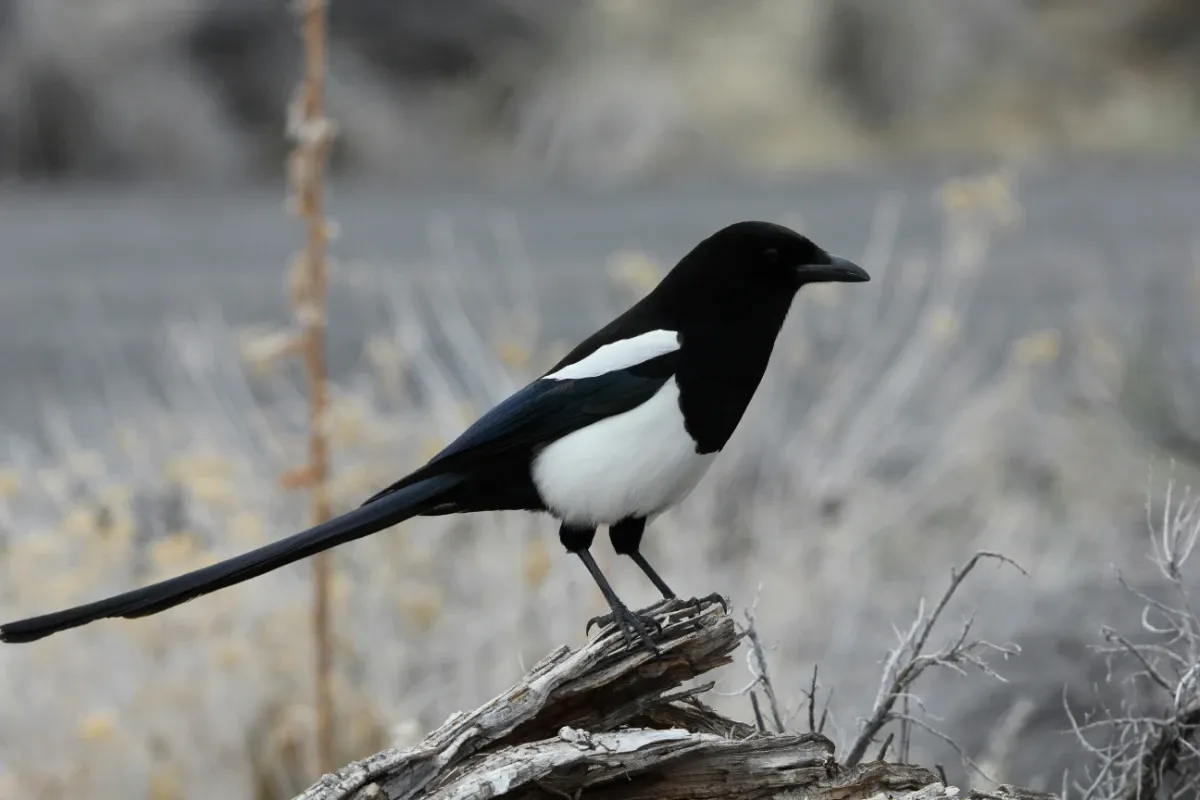The Uniform I Wore to His Funeral

Note: If you haven’t already done so, I strongly suggest you first read: Come Back in Ten Days": The Sentence That Changed My Life
We left the Army Recruitment Office in a state of high excitement. For the first time, I felt I had some control over the direction of my life, and my future looked rosy. On the bus home to Trapp, we enthusiastically discussed the possibilities the Sergeant had mentioned: the Royal Signals, the Royal Electrical and Mechanical Engineers, the Royal Engineers. I even wondered what trade I could learn in the Parachute Regiment.
The Sergeant had given us two "bus warrants" for our travel, a small but impressive gesture. We were to return in a week for a more detailed test.
A Father's Advice
Once home, I told my father what we’d done. Neither he nor my mother had ever really asked what I wanted to do with my life, beyond taking a cut of my wages from the farm. But as a minor, I needed his signature to join. I told him I wanted to join the Paras.
He told me, flatly, that it wouldn't be happening. “The only things that fall from the sky are bird shit and paras,” he said, echoing a sentiment I would come to know well. He’d met some during his National Service in the RAF and insisted they were all violent nutters. “If you join the Army,” he told me, “you will learn a trade.” It was possibly the best, and perhaps the only, piece of advice he ever gave me.
The Offer and the Dilemma
When the big day arrived, we reported back to the office with about a dozen other boys. After another test, I was interviewed by an officer. He said I’d done very well and offered me a place as a Radio Telegraphist with the Royal Signals, starting at the Army Apprentices College, Harrogate, on the 5th of May.
Richard received the same job offer, but because he was a few months younger, he wouldn’t be able to join until September. I balked at this. He was my best mate; I wanted us to join together. As eager as I was to go, I told them I’d wait.
The Sergeant's Gambit
This is where the Recruiting Sergeant stepped in. He had the kind of skill that experienced NCOs the world over use to get reluctant soldiers to do something they don’t want to do. He knew I was desperate to go, and more importantly, he knew that Richard also knew it.
“If you go now,” he told me, looking me straight in the eye, “you’ll have learned the ropes when Richard gets there. You’ll be able to help him. Look after him.”
Richard immediately agreed. That was all it took—a tiny bit of encouragement to ease my guilt of leaving him behind. I was no longer abandoning my friend; I was going ahead to prepare the way for him.
The End of Everything
According to the Army documents I still possess, I swore an oath of allegiance to the Queen on April 22nd, 1970. On the 5th of May, I boarded a train to Harrogate, and my new life began.
I didn’t know it at the time, but it was more than just the start of a career. That was the day I left my childhood, my home, and Wales itself behind for good. From then on, I would only ever return as a visitor on leave, on holiday or for funerals.
After my first three-month term, I returned home on leave in August. Me and some other Welsh lads, immensely proud, wore our Number 2 Dress uniforms for the journey. We got loudly drunk in our compartment, much to the annoyance and amusement of the other passengers.
I stumbled home, proud and loud, ready to show my best friend the man I was becoming. Instead, I walked into a wall of silence and the worst news of my life.
Richard had died a few days earlier. He had gone to an Army Cadet Force summer camp and had been hit by a car while crossing the road.
My first reaction was a wave of guilt. If I hadn't gone, maybe I could have saved him. A useless, childish thought. After my last experience with the ACF, I wouldn't have even been at the camp with him.
I attended his funeral in the uniform I had been so excited to show him. I stood by his sobbing mother as she looked at me and asked if Richard would have worn the same one. I mumbled some reply, not knowing if I was giving her comfort or twisting the knife.
The Long Road Back
After my leave, I returned to Harrogate. I thought about Richard often, but I didn't dwell on his death. I just got on with it. Later in my career, when I was with the Military Police in Northern Ireland, I learned to compartmentalise death. It was a necessary skill for a policeman. Looking back, I think that grim lesson began the day I stood at my best friend’s grave.